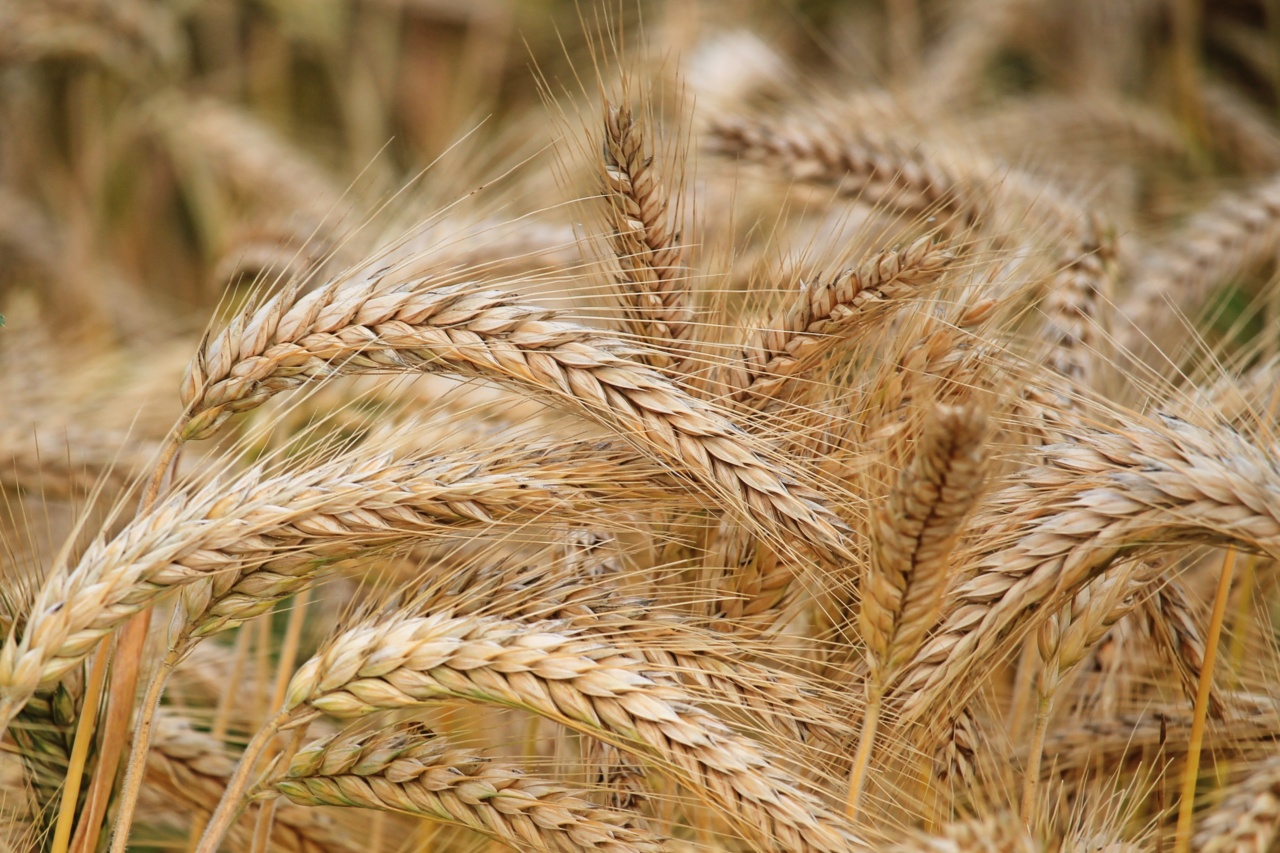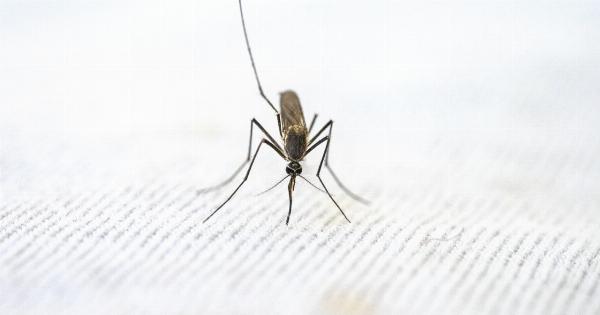Cholera outbreak is a recurring global public health issue with millions affected worldwide annually. Cholera is an acute diarrheal infection and a significant risk for food safety and quality.
The acute diarrheal infection results from the ingestion of food or water contaminated with the bacterium, Vibrio cholerae. The bacteria produce a toxin that causes rapid and severe loss of fluid, leading to dehydration, shock, and even death if left untreated.
Cholera is found in places with poor sanitation, hygiene, and inadequate access to safe drinking water, leading to the rapid spread of cholera outbreaks in affected communities.
Cholera Outbreak: Current Statistics
In 2021, cholera outbreaks were reported in several countries, contributing to the rising global trend.
However, identifying the exact extent and severity of the outbreaks has been challenging, yet the cases have taken the health authorities in affected countries and international health organizations by surprise. The Cholera outbreak reports show that the number of confirmed cholera cases reported in 2021 is on the rise, with a 46% increase compared to the same period in 2020. Currently, the cholera outbreaks have been reported in:.
- Yemen
- Bangladesh
- Haiti
- Somalia
- South Sudan
Cholera Outbreak in Yemen
Yemen is currently facing widespread conflict, displacement, and insecurity. The country has suffered from the worst cholera outbreak that began in 2016 and has since been going on and off in many parts of the country.
In 2021, the country is experiencing a new surge of cholera cases, with over 143,000 suspected cases and 243 confirmed deaths in six months. The situation is rapidly deteriorating, with the collapse of the health system, inadequate access to clean water, poor sanitation, lack of funding for essential services, and mass displacement.
Cholera Outbreak in Bangladesh
Bangladesh is the world’s most densely populated country, and its high population density contributes to high water contamination levels, leading to frequent cholera outbreaks.
In 2021, the country has reported over 15,500 suspected cholera cases and 44 reported deaths in 10 weeks, representing an alarming spike in cholera cases compared to previous years. The recent rise in cholera cases is attributed to the country’s devastating floods, causing widespread damage to infrastructure and causing massive displacement, further exacerbating the inadequate access to safe water and sanitation.
Cholera Outbreak in Somalia
Somalia is currently facing several challenges like conflicts, displacement, and food insecurity, contributing to frequent cholera outbreaks.
Since the start of 2021, Somalia has confirmed over 25,000 suspected cholera cases and 388 reported deaths, an increase of 250% compared to the same period in 2020. The outbreak is severe in several parts of the country, including the capital, Mogadishu, where there is a shortage of clean water and basic sanitation services.
Somalia already faces severe challenges in responding to the cholera outbreak due to limited funding, logistical constraints, and insecurity.
Cholera Outbreak in South Sudan
South Sudan is the world’s youngest nation and has been affected by over ten years of deadly conflicts, displacement, and chronic food insecurity.
Climate change has worsened the situation, resulting in drying up of rivers and limited rainfall, causing significant water and food shortages, leaving communities vulnerable to cholera outbreaks. In 2021, the country has reported over 6,000 suspected cholera cases and over 60 reported deaths in several states since the beginning of the year.
The situation is worrying, with significant gaps in access to the necessary health services, poor water supply, inadequate hygiene, and limited funding.
Cholera Outbreak in Haiti
Haiti is still recovering from the 2010 earthquake that caused massive destruction and displacement of the population, contributing to frequent cholera outbreaks.
In 2021, the country has reported over 2,000 suspected cholera cases and 13 reported deaths in several departments. The outbreak is a significant concern, especially at a time when the country is grappling with the COVID-19 pandemic, political unrest, and natural disasters.
Conclusion
Cholera outbreaks are occurring with greater frequency and intensity, posing significant health risks and serious challenges to global public health. The outbreaks are indicative of poor sanitation, inadequate access to clean water, and poor hygiene.
The global health community must take a multisectoral approach to address the underlying causes of the cholera outbreaks by increasing investment in essential services such as water, sanitation, and hygiene, and by increasing access to treatment to save lives. Cholera outbreaks are preventable and controllable, but only with continued cooperation between governments, communities, and healthcare agencies to ensure adequate access to essential services, monitor outbreaks, and respond rapidly.






























